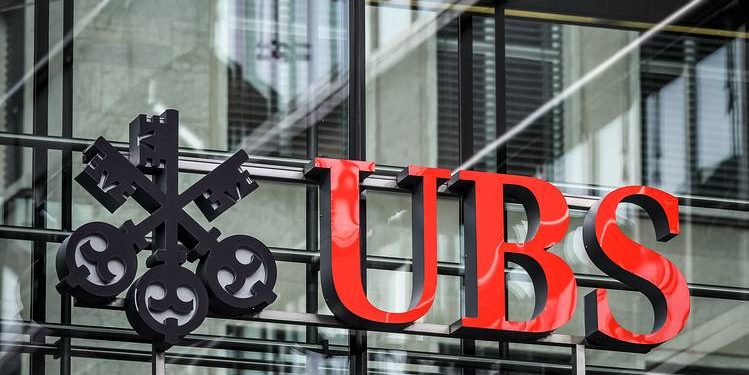In the second half of 2021, UBS reports a 63% jump in net profit as the wealth management division soars. The banking division, which is responsible for advising clients on investment strategies also boasts of twenty banks’ branches in ten countries across Europe and America. As always, the firm is a leader when it comes to sound money management practices and principles. And as always, it performs admirably. This does not mean though that UBS has become a financial juggernaut.
The report just published by UBS Financial Solutions reveals some rather disturbing information regarding the firm’s financial health. While other banks have been hit by a global recession the last several years, UBS has seemingly been spared. The division managed a 3% increase in profits last quarter compared to the same period in 2021. The increase was led by an increase in fixed assets, especially in Europe. In addition, residential mortgage loans and commercial real estate saw sharp increases.
However, despite the positive news, the rest of the world is reeling from the worldwide financial meltdown. The U.S. dollar index continues to tumble against all major currencies, particularly the British pound. Meanwhile, European and American debtors continue to suffer the negative effects of spiraling housing finance costs and credit card defaults. Many are worried that the effects could extend worldwide and cause even more economic turbulence. This is a truly worrying issue as it foretells an even tougher situation ahead.
In order to deal with the worldwide economic crisis, the U.S. Federal Reserve is pumping up the banking system with hundreds of billions of dollars. However, this action could backfire against foreign banks as well. According to the latest UBS reports, “the increase in reserves may reduce domestic bank liquidity and make foreign lending more expensive.” The implication is that foreign lending will become more expensive if the Federal Reserve continues to increase its balance sheet.
It’s not just the U.S. that’s looking at a possible global financial crunch. Banks in Europe and Asia are all feeling the heat, too. In the U.K., Bank of England Governor Mark Carney warned that the global economic slowdown could lead to a second recession. The European Central Bank decided last month to inject additional funds into the global financial markets to help counteract the effects of the recession in the U.S. and elsewhere. Meanwhile, Asian countries like Japan and South Korea are concerned about the effects of the deflation on their respective societies.
The world can’t seem to get enough of gold. In June, the UBS gold report was another remarkable piece of news. Not only was the physical gold report released but the report noted that investors were buying bullion for the very first time since the 2021 recession. If you’ve been waiting to invest in gold for any length of time, this may be a good time to take advantage of the rising prices.
Other factors have fueled inflation around the world. Oil prices, which are likely to soar higher due to rising demand, have sent the cost of most basic commodities skyrocketing. Inflation is playing havoc with the working of the global economy. Manufacturing is faltering everywhere, and wages are stagnant or falling. Consumers, who haven’t seen wages rise for some time, are hurting.
If you’re an American citizen, you should pay close attention to the inflation reports that come out each month. Pay attention to how your currency is doing, because it can be a very good indicator of where the economy stands. Money printing is one thing, but printing too much of it can lead to hyperinflation – when the value of money becomes so high that it loses its value. You’ll also find that the price of almost all products will increase, as well.






























